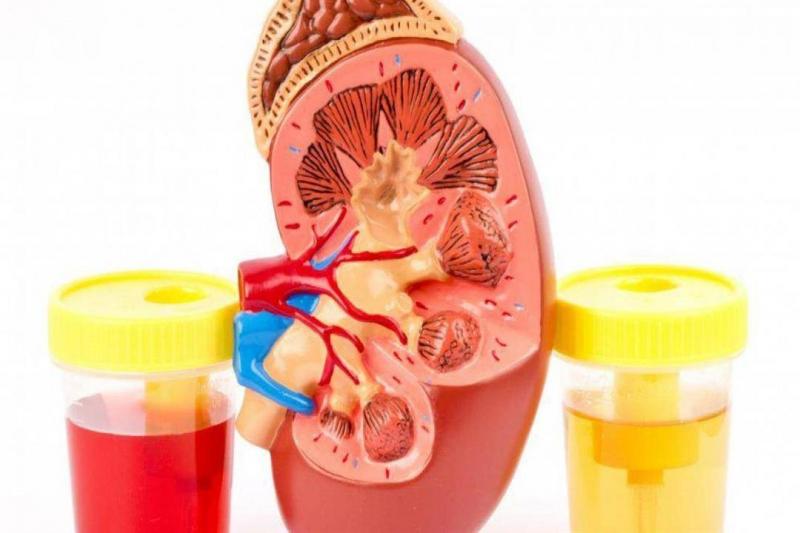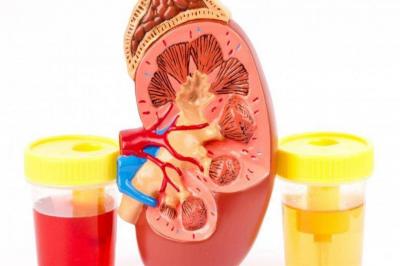Urine flows from the kidneys to the bladder and exits from the bladder through the urethra. Adults typically excrete about a quarter to half a gallon of urine daily, according to the American Kidney and Urology Foundation. Many may panic when their urine turns red, but experts say that red urine does not always indicate serious bleeding. Below are several reasons behind the redness of urine or the presence of blood in it, as reported by the “MSN” website:
**Food or Medications**
Dr. Elizabeth Kavaler, a urologist at Lenox Hill Hospital in New York City, states that your urine may appear red due to something you ate. Common culprits include beets, blackberries, and rhubarb. Think about what you have consumed over the past day or two; if you have eaten foods that can cause red urine, there is no need for concern. Some medications can also cause urine to appear red. These include phenazopyridine, a drug that numbs pain in the urinary tract.
**Urinary Tract Infection (UTI)**
Dr. Kavaler mentions that urinary tract infections are one of the most common reasons for seeing blood in urine. They are usually accompanied by other symptoms such as burning during urination, frequent urination, a strong urge to urinate, and pressure in the lower abdomen. Green urine can also be a sign of a bacterial infection in the urinary tract.
**Kidney Disease**
According to Dr. Kavaler, certain kidney problems or diseases can cause urine to appear red or brown. For example, bleeding may occur when kidney stones pass through the urinary tract. Additionally, glomerulonephritis, which causes inflammation in the part of the kidney that filters blood, can sometimes result in blood in urine. Treatment may involve medications or temporary dialysis to assist the kidneys. Polycystic kidney disease, a hereditary disorder, can also lead to blood in urine. There is no cure for this condition, and treatment focuses on slowing the growth of these cysts and managing related symptoms.
**Prostate Problems**
In men, the prostate gland may be a source of blood in urine. The prostate is a walnut-shaped gland located just below the bladder in men. Benign prostatic hyperplasia or prostate cancer can press against the urethra, leading to irritation and bleeding in the bladder.
**Bladder Cancer**
While blood in urine can be a sign of bladder cancer, this type of cancer is relatively rare. It typically affects older adults (the average age at diagnosis is 73) and is more common in men than in women.




